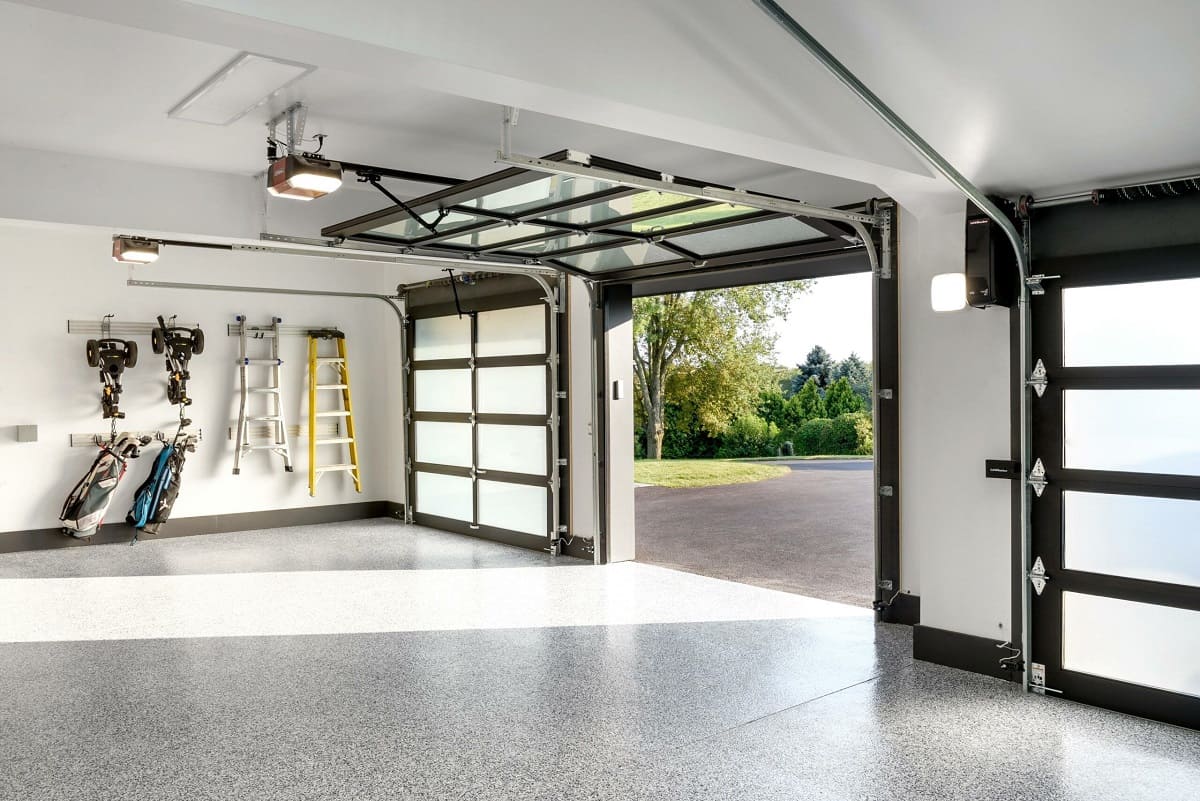

Articles
What Is The Best Garage Floor Coating
Modified: October 20, 2024
Discover the top articles on the best garage floor coating. Learn about the latest trends, tips, and products to protect and enhance your garage floor.
(Many of the links in this article redirect to a specific reviewed product. Your purchase of these products through affiliate links helps to generate commission for Storables.com, at no extra cost. Learn more)
Introduction
When it comes to maintaining and enhancing your garage, one important consideration is the type of flooring you choose. The garage floor experiences heavy foot traffic, vehicle movement, and exposure to various chemicals and oils. Therefore, it’s crucial to invest in a quality garage floor coating that offers durability, protection, and an appealing aesthetic.
There are several factors to consider when selecting the best garage floor coating for your needs. These factors include performance and durability, appearance and aesthetics, ease of application, and maintenance requirements. By evaluating these factors, you can make an informed decision that will provide long-lasting benefits for your garage floor.
One popular option for garage floor coating is epoxy coating. Epoxy offers numerous advantages in terms of durability and customization options. However, there are also alternative options such as polyurea, polyaspartic, and acrylic coatings. Each coating has its own set of pros and cons, and it’s essential to evaluate them to determine which one best suits your requirements.
In this article, we will explore the various types of garage floor coatings and compare their performance, application process, cost, and maintenance. By understanding the unique properties of each coating, you can make an informed decision and choose the best garage floor coating for your needs.
Key Takeaways:
- Epoxy, polyurea, polyaspartic, and acrylic coatings offer unique benefits and drawbacks. Consider performance, application, cost, and maintenance to choose the best garage floor coating for your specific needs and preferences.
- Prioritize durability, customization, and chemical resistance when selecting a garage floor coating. Epoxy, polyurea, and polyaspartic coatings provide exceptional performance, while acrylic coating offers a budget-friendly and DIY-friendly option.
Read more: Where To Buy Polyaspartic Floor Coating
Factors to Consider When Choosing Garage Floor Coating
When choosing a garage floor coating, there are several key factors to consider to ensure you make the right choice. These factors include performance and durability, appearance and aesthetics, ease of application, and maintenance and longevity.
Performance and Durability
One of the primary considerations when selecting a garage floor coating is its performance and durability. Since garages are subjected to heavy foot and vehicle traffic, it’s important to choose a coating that can withstand the wear and tear. Look for coatings that are resistant to stains, chemicals, and impact. Epoxy, polyurea, and polyaspartic coatings are known for their high durability and ability to withstand heavy use.
Appearance and Aesthetics
The appearance and aesthetics of your garage floor can significantly impact the overall look of your garage. Consider a coating that enhances the visual appeal and complements the style of your garage. Epoxy coatings, for example, are available in various colors, finishes, and patterns, allowing you to customize the look of your floor. Be sure to choose a coating that not only offers durability but also adds an attractive touch to your garage.
Ease of Application
The ease of application is another crucial factor to consider when selecting a garage floor coating. If you’re planning to apply the coating yourself, look for products that are user-friendly and come with clear instructions. Some coatings require special preparation and multiple application steps, while others are more straightforward. It’s essential to choose a coating that suits your DIY abilities and time constraints.
Read more: How Many Coats Of Polyurethane On Floor
Maintenance and Longevity
The level of maintenance required for your garage floor coating can impact its longevity and overall lifespan. Some coatings may require periodic resealing or touch-ups to maintain their appearance and protective properties. Consider the maintenance requirements and factor them into your decision-making process. Additionally, choose a coating that offers long-lasting durability to prevent the need for frequent replacements or repairs.
By carefully considering these factors, you can ensure that you choose a garage floor coating that meets your requirements in terms of performance, aesthetics, ease of application, and maintenance. This will result in a durable and visually appealing garage floor that enhances the overall functionality and appearance of your garage space.
Epoxy Garage Floor Coating
Epoxy garage floor coating is a popular choice among homeowners and businesses alike. It offers several advantages that make it a top contender for those looking to enhance the durability and appearance of their garage floors. However, it’s important to consider the potential drawbacks as well.
Pros of Epoxy Coating
- Durability: Epoxy coatings are known for their exceptional durability. They can withstand heavy foot and vehicle traffic, as well as resist stains, chemicals, and impact. Once applied, epoxy forms a hard and resilient surface that protects your garage floor from damage.
- Customization: Epoxy coatings come in a variety of colors, finishes, and patterns, allowing you to customize the look of your garage floor. You can choose a solid color for a sleek and modern appearance or opt for decorative flakes or metallic pigments to create a unique and eye-catching design.
- Easy to Clean: Epoxy creates a seamless and smooth surface that is easy to clean and maintain. Spills and stains can be quickly wiped away without leaving any residue or marks on the floor. This makes it an ideal choice for garages that are prone to spills and oil leaks.
- Chemical Resistance: Epoxy coatings are highly resistant to chemicals, including gasoline, oil, and harsh cleaning agents. This chemical resistance ensures that your garage floor remains protected even in high-traffic areas where these substances may be present.
Cons of Epoxy Coating
- Preparation and Application: Proper preparation is crucial for the successful application of epoxy coatings. This may involve cleaning, etching, and patching any cracks or imperfections in the concrete. Additionally, the application process can be time-consuming, requiring multiple coats and drying time between each layer.
- Slippery Surface: Epoxy coatings can become slippery when wet, especially if a high-gloss finish is used. This can pose a safety hazard, especially in garages where water or other liquids are frequently present. However, anti-slip additives or textured finishes can be incorporated into the coating to mitigate this concern.
- Scratch and UV Resistance: While epoxy coatings are generally durable, they may be susceptible to scratches from sharp objects or heavy items dragged across the surface. Additionally, prolonged exposure to direct sunlight can cause the epoxy to yellow or fade over time. However, these issues can be minimized by using high-quality epoxy products and applying a UV-resistant topcoat.
Despite these potential drawbacks, epoxy garage floor coatings continue to be a popular choice due to their exceptional durability, customizable aesthetics, and ease of maintenance. By understanding the pros and cons, you can determine if epoxy coating is the right option for your garage floor.
Read more: Where To Buy Polyurea Floor Coating
Polyurea Garage Floor Coating
Polyurea garage floor coating is a cutting-edge solution that offers unique advantages over other coatings. Its fast-curing and highly durable properties make it a popular choice for those seeking a reliable and long-lasting garage floor coating. However, it’s important to consider its potential drawbacks before making a decision.
Pros of Polyurea Coating
- Fast Curing Time: One of the standout advantages of polyurea coating is its quick curing time. It cures rapidly, allowing for a faster installation process compared to other coatings. This is especially beneficial for those who want to minimize downtime and start using their garage soon after the coating application.
- Exceptional Durability: Polyurea is known for its outstanding durability and resistance to impact, chemicals, and abrasions. It creates a tough and resilient surface that can withstand heavy foot and vehicle traffic, as well as resist stains and spills. Its superior durability ensures a long-lasting and low-maintenance garage floor.
- Seamless and Watertight: Polyurea coatings create a seamless and watertight barrier on the garage floor, preventing moisture from seeping into the concrete. This makes it an excellent choice for areas prone to water exposure or in regions with high humidity levels.
- UV Stability: Polyurea coatings have excellent UV stability, meaning they can withstand prolonged exposure to sunlight without yellowing or fading. This makes them suitable for outdoor areas, as well as garages with windows or doors that allow natural light to enter.
Cons of Polyurea Coating
- Complex Application: Polyurea coatings require professional application due to their fast-curing nature and precise mixing ratios. Improper application can result in issues such as uneven texture or air bubbles. Therefore, it’s essential to hire an experienced contractor with expertise in polyurea installation.
- Limited DIY Options: Due to the complexity of application, polyurea coatings are not typically recommended for DIY projects. DIY enthusiasts may find it challenging to handle the specialized equipment and ensure correct application techniques, making professional assistance necessary.
- Higher Cost: Polyurea coatings are generally more expensive than other garage floor coating options. The higher cost is attributed to the advanced technology, durability, and rapid curing properties of polyurea. However, the long-term benefits and enhanced performance may justify the initial investment for many homeowners.
Despite the complex application process and higher cost, polyurea garage floor coatings offer remarkable durability, fast curing time, and excellent resistance to impact and chemicals. Consult with a professional contractor to determine if polyurea coating aligns with your garage floor requirements and budget.
Polyaspartic Garage Floor Coating
Polyaspartic garage floor coating is gaining popularity for its fast-drying properties and exceptional performance. It is a versatile coating that offers several advantages over other options, but it’s important to consider its potential drawbacks before making a decision.
Pros of Polyaspartic Coating
- Quick Application and Curing: Polyaspartic coatings have a fast application and curing time, allowing for efficient installation. They dry much faster than epoxy or polyurethane coatings, which means less downtime and quicker return to full use of the garage.
- Durability and Strength: Polyaspartic coatings are highly durable and resistant to impact, stains, chemicals, and abrasions. They provide excellent protection to the concrete floor, ensuring long-lasting performance even in high-traffic areas.
- UV Stability: Polyaspartic coatings offer superb UV stability, which means they can withstand prolonged exposure to sunlight without yellowing or fading. This makes them suitable for both indoor and outdoor applications, including garages with windows or doors that allow natural light in.
- Clear or Pigmented Options: Polyaspartic coatings are available in both clear and pigmented options, offering versatility in terms of customization. Clear coatings provide a glossy and high-shine finish, while pigmented options allow you to choose from a range of colors to suit your aesthetic preferences.
Cons of Polyaspartic Coating
- Professional Application Required: Polyaspartic coatings require professional application due to their fast-curing and specialized nature. The application process involves precise mixing and timing, as well as proper equipment usage. Hiring an experienced contractor ensures the coating is applied correctly and achieves the desired results.
- Higher Cost: Polyaspartic coatings tend to be more expensive than other garage floor coating options. The higher cost can be attributed to the advanced technology and performance properties of polyaspartic coatings. However, considering their durability and longevity, the investment may be worthwhile for long-term value.
- Strong Odor: During the application and curing process, polyaspartic coatings emit a strong chemical odor. Proper ventilation is necessary to dissipate the odor, so it’s important to keep that in mind when planning the installation.
Despite the need for professional application and potential higher cost, polyaspartic garage floor coatings offer fast-drying capabilities, excellent durability, and UV stability. They provide an attractive and protective finish for your garage floor. Consult with a professional contractor to determine if polyaspartic coating is the right choice for your specific requirements.
Acrylic Garage Floor Coating
Acrylic garage floor coating is a popular choice for those seeking a cost-effective and easy-to-apply solution. It offers several advantages, but it’s important to consider its potential drawbacks before deciding if it’s the right coating for your garage floor.
Pros of Acrylic Coating
- Affordability: Acrylic coatings are generally more affordable than other garage floor coating options. They provide a cost-effective solution for those on a budget or looking for a temporary coating option.
- DIY-Friendly: Acrylic coatings are relatively easy to apply, making them suitable for DIY enthusiasts. They are available in ready-to-use formulations that can be brushed, rolled, or sprayed onto the floor. This makes the application process more accessible for homeowners who prefer to tackle the project themselves.
- Low Odor: Acrylic coatings have a low odor during the application and curing process compared to other coatings such as epoxy. This makes them a suitable choice for garages attached to living spaces or those sensitive to strong chemical odors.
- Quick Drying Time: Acrylic coatings typically have a shorter drying time compared to other types of coatings. This means less waiting time before you can start using your garage again, allowing for faster project completion.
Read more: What Is A Seed Coat
Cons of Acrylic Coating
- Less Durability: While acrylic coatings offer a temporary protective layer for the garage floor, they are less durable compared to epoxy, polyurea, or polyaspartic coatings. They may not withstand heavy foot or vehicle traffic as well and are more prone to wear and damage over time.
- Limited Chemical and Stain Resistance: Acrylic coatings provide some resistance to stains and chemicals but not to the same extent as more robust coatings. It’s important to promptly clean up spills to minimize the risk of staining the floor.
- Shorter Lifespan: Due to their lower durability, acrylic coatings may have a shorter lifespan compared to other coatings. They may require more frequent reapplication or touch-ups to maintain their appearance and protective qualities.
- Limited Aesthetic Options: Acrylic coatings offer limited customization options in terms of colors and finishes. They are typically available in standard clear or tinted formulations, which may not provide the same level of aesthetic versatility or customization as epoxy or polyurethane coatings.
Acrylic garage floor coatings can be a cost-effective and DIY-friendly option for those looking for a temporary or budget-friendly solution. However, they may not offer the same level of durability and customization options as other coatings. Consider your specific needs, budget, and long-term expectations before deciding if acrylic coating is the right choice for your garage floor.
Comparison of Different Garage Floor Coatings
When choosing a garage floor coating, it’s essential to compare the different options available to determine the best fit for your specific needs. Here’s a comparison of the various garage floor coatings based on performance and durability, application process, cost, and maintenance requirements.
Performance and Durability
Epoxy, polyurea, polyaspartic, and acrylic garage floor coatings offer varying levels of performance and durability.
- Epoxy Coating: Epoxy coatings are known for their exceptional durability and resistance to stains, chemicals, and impact. They provide a hard and resilient surface that can withstand heavy foot and vehicle traffic.
- Polyurea Coating: Polyurea coatings are highly durable and resistant to impact, stains, and chemicals. They create a tough and seamless surface that offers long-lasting performance.
- Polyaspartic Coating: Polyaspartic coatings exhibit excellent durability and strength, making them resistant to impact, stains, and UV damage. They provide a reliable and long-lasting protective layer.
- Acrylic Coating: Acrylic coatings offer a temporary protective layer but are generally less durable compared to other coatings. They may not withstand heavy traffic or chemicals as well.
Application Process
The application process can vary for each type of coating:
- Epoxy Coating: Epoxy coatings require proper surface preparation and multiple application steps, including mixing and applying primer and topcoat layers. The curing time between each coat should be considered.
- Polyurea Coating: Polyurea coatings require professional application due to their fast-curing nature and precise mixing ratios. Experienced contractors utilize specialized equipment and techniques for proper application.
- Polyaspartic Coating: Polyaspartic coatings also require professional application due to their fast-curing and specialized nature. The application process involves precise mixing and timing, as well as proper equipment usage.
- Acrylic Coating: Acrylic coatings are relatively easy to apply and suitable for DIY enthusiasts. They come in ready-to-use formulations that can be brushed, rolled, or sprayed onto the floor.
Read more: How To Finish A Garage Floor
Cost
Costs can vary depending on the type of coating and factors such as the size of the garage and any additional customization:
- Epoxy Coating: Epoxy coatings typically fall in a moderate price range, offering good value for their durability and customization options.
- Polyurea Coating: Polyurea coatings tend to be more expensive due to their advanced technology and superior performance properties.
- Polyaspartic Coating: Polyaspartic coatings are also generally more expensive compared to other options, but they offer fast curing times and exceptional durability.
- Acrylic Coating: Acrylic coatings are often the most affordable option, making them an attractive choice for those on a budget or looking for a temporary solution.
Maintenance
Each coating option has different maintenance requirements:
- Epoxy, Polyurea, and Polyaspartic Coatings: These coatings are generally low-maintenance and easy to clean. Regular sweeping and occasional mopping are typically sufficient to keep the floor looking its best.
- Acrylic Coating: Acrylic coatings may require more frequent reapplication or touch-ups to maintain their appearance and protective qualities. They are less resistant to stains and chemicals.
By considering the performance and durability, application process, cost, and maintenance requirements of different garage floor coatings, you can make an informed decision and select the option that best suits your needs and preferences.
Conclusion
Choosing the best garage floor coating is a decision that requires careful consideration of various factors. Each type of coating—epoxy, polyurea, polyaspartic, and acrylic—offers unique advantages and disadvantages. By evaluating performance and durability, application process, cost, and maintenance requirements, you can make an informed decision that aligns with your specific needs and preferences.
If durability, customization, and chemical resistance are top priorities, epoxy coating may be the ideal choice. Its exceptional performance and wide range of design options make it popular among homeowners and businesses alike. However, it’s important to note its potential downsides, such as the complex application process and the possibility of a slippery surface when wet.
For those seeking a fast-curing option with high durability, polyurea and polyaspartic coatings are excellent choices. These coatings offer exceptional resistance to impact, stains, and chemicals, making them suitable for high-traffic areas. However, professional application is recommended for these coatings due to their quick curing time and specialized nature.
If you have budget constraints or prefer a more temporary solution, acrylic coating may be the right option. It is an affordable and DIY-friendly choice that provides some protection for your garage floor. However, it may not be as durable or resistant to heavy traffic and chemicals compared to other coatings.
Consider your garage’s specific needs, such as the level of foot and vehicle traffic, exposure to chemicals, and desired aesthetics. Evaluate factors like performance, application process, cost, and maintenance requirements to determine which garage floor coating is the best fit for your requirements.
Ultimately, investing in a quality garage floor coating will enhance the functionality, durability, and appearance of your garage. It will protect the floor from stains, chemicals, and wear, transforming it into a space that can withstand the demands of everyday use. With the right choice of coating, you will have a garage floor that not only serves its purpose but also adds value and style to your property.
Frequently Asked Questions about What Is The Best Garage Floor Coating
Was this page helpful?
At Storables.com, we guarantee accurate and reliable information. Our content, validated by Expert Board Contributors, is crafted following stringent Editorial Policies. We're committed to providing you with well-researched, expert-backed insights for all your informational needs.
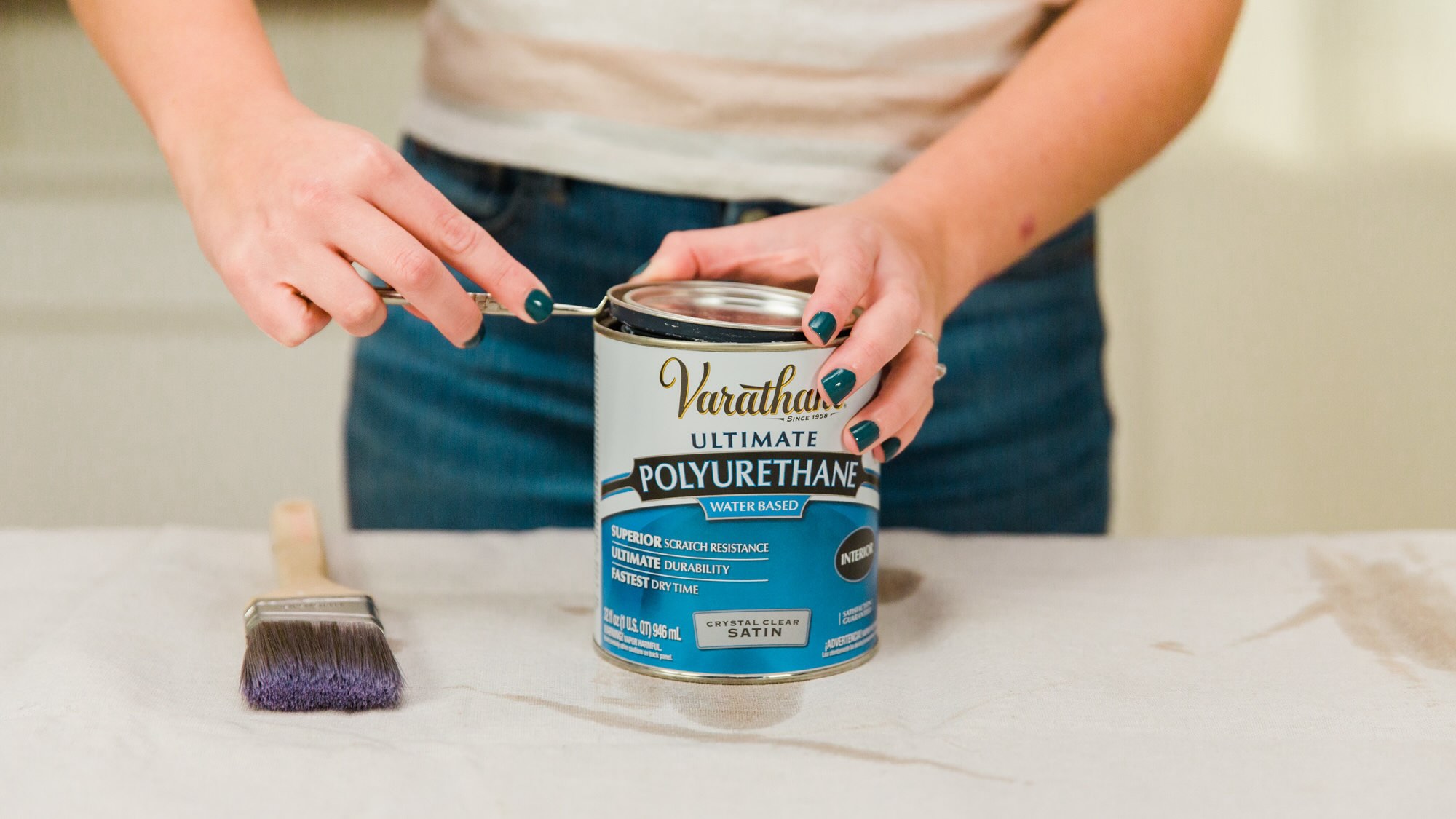
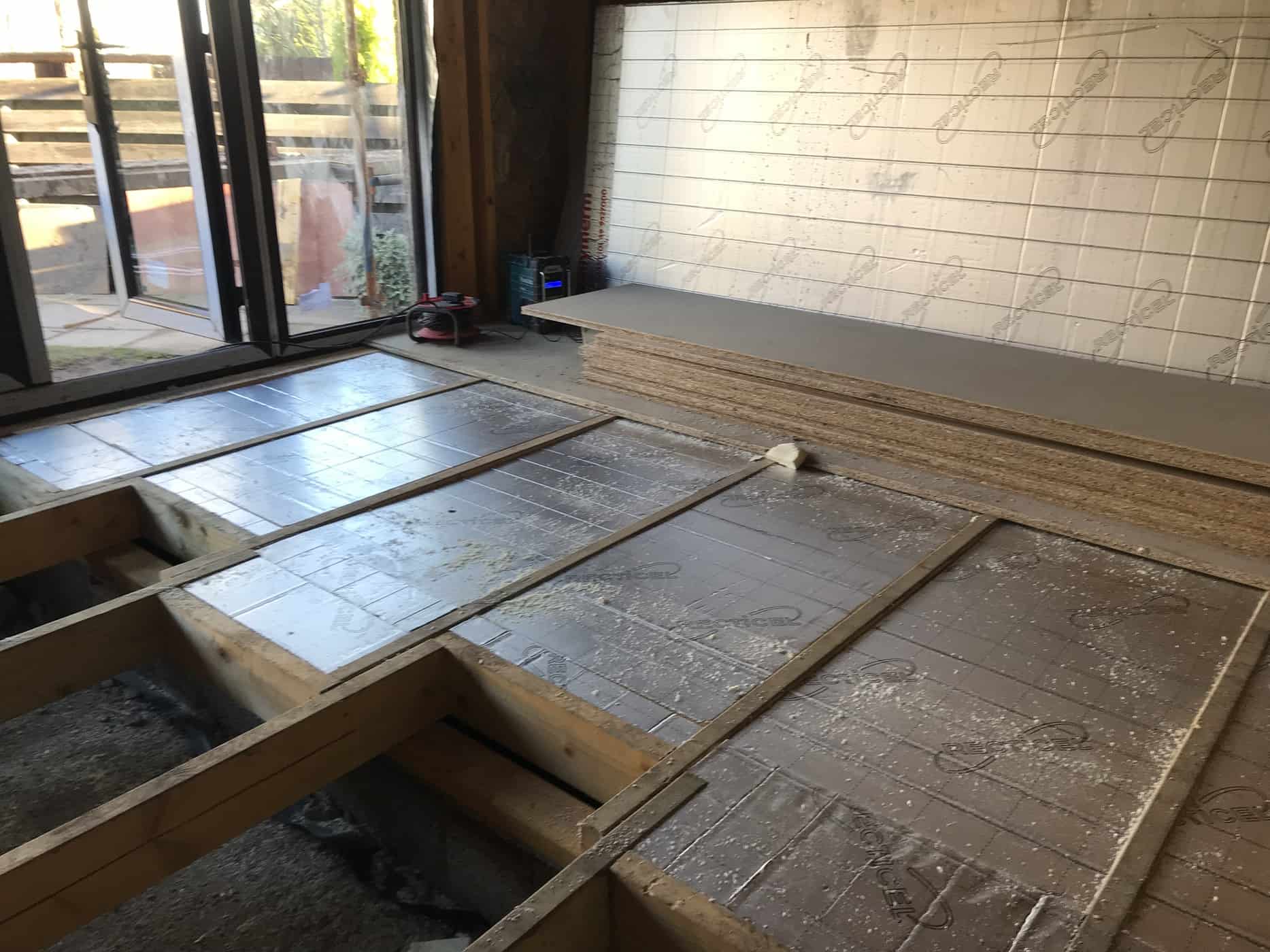
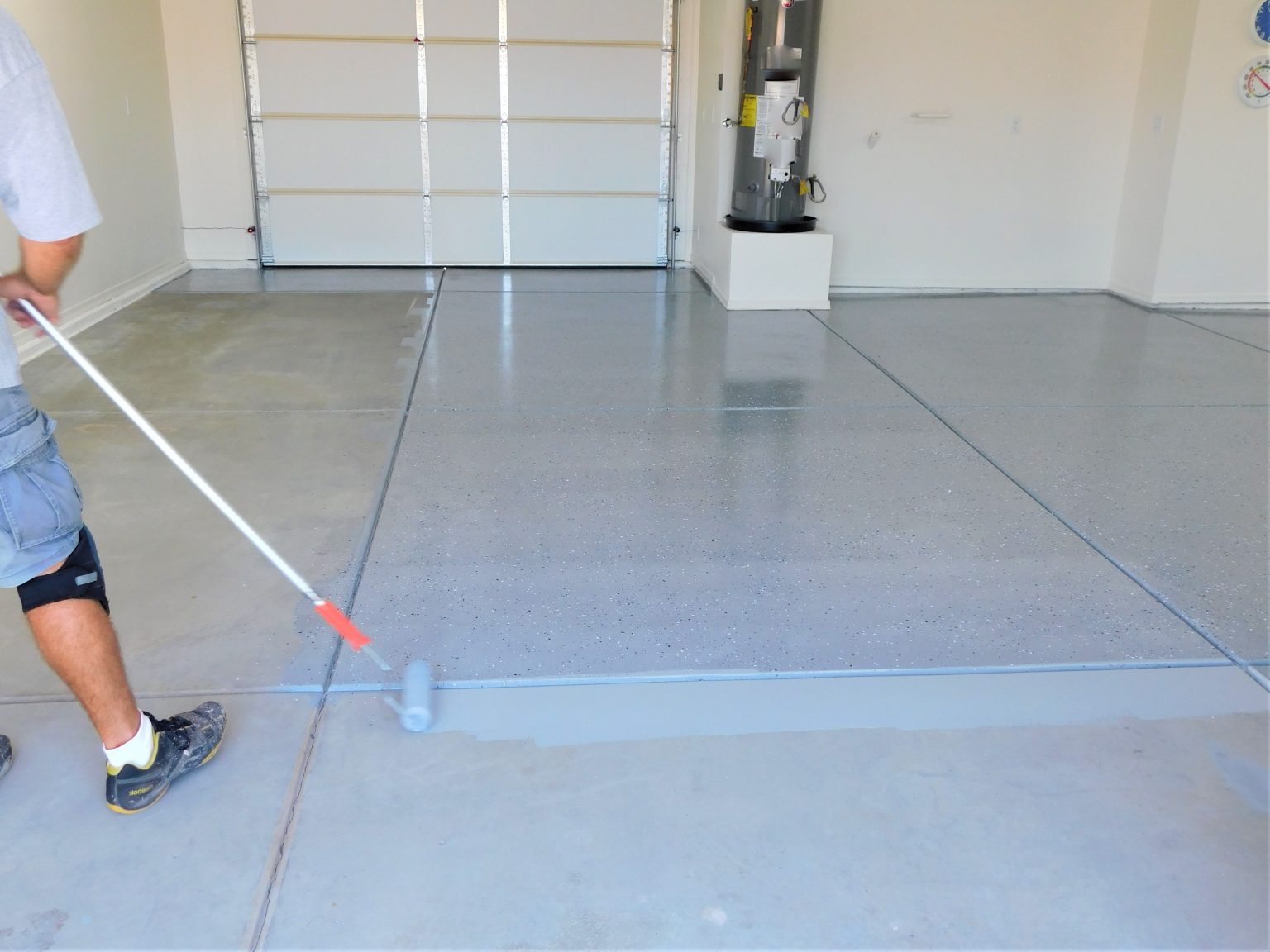
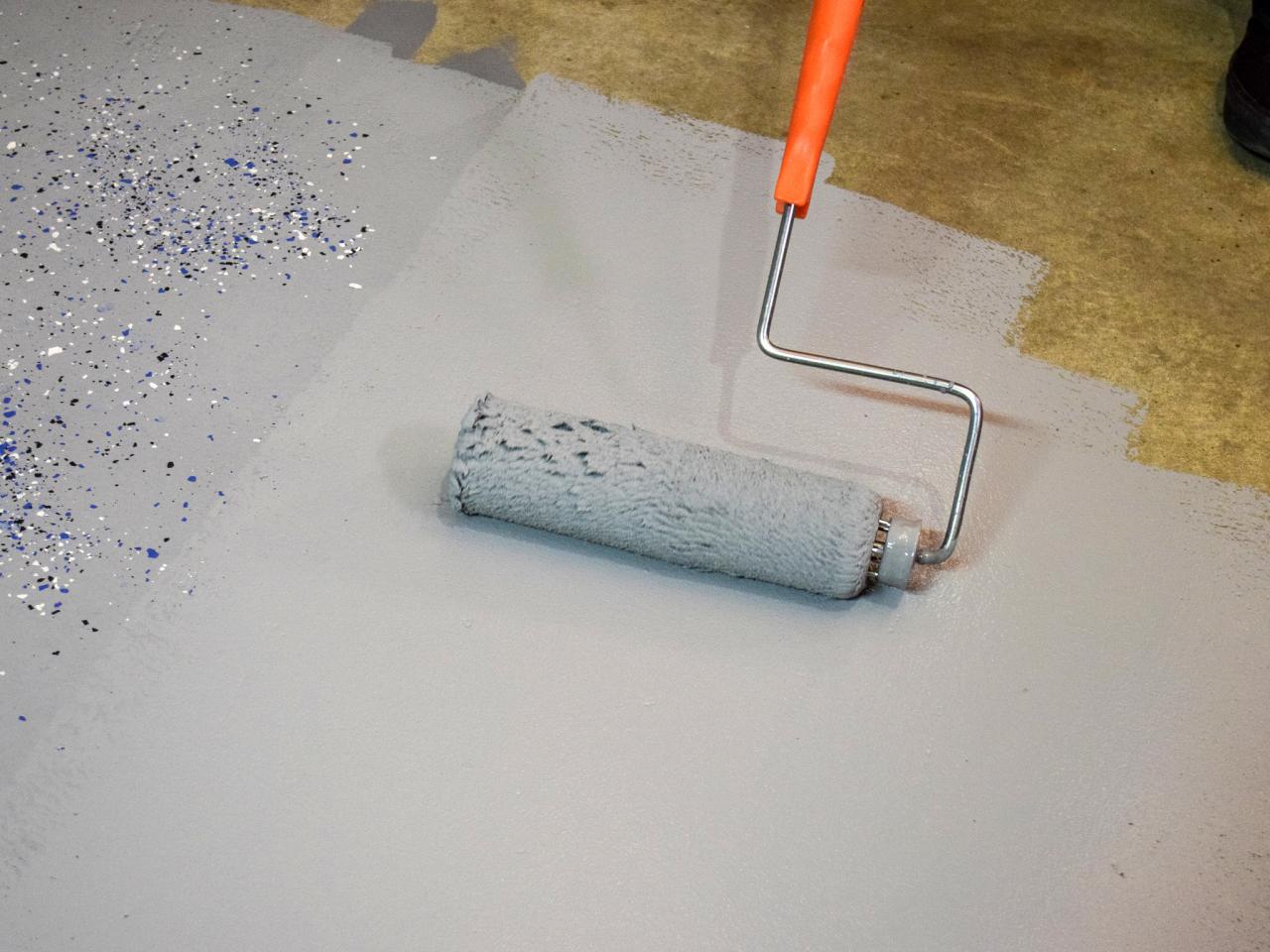
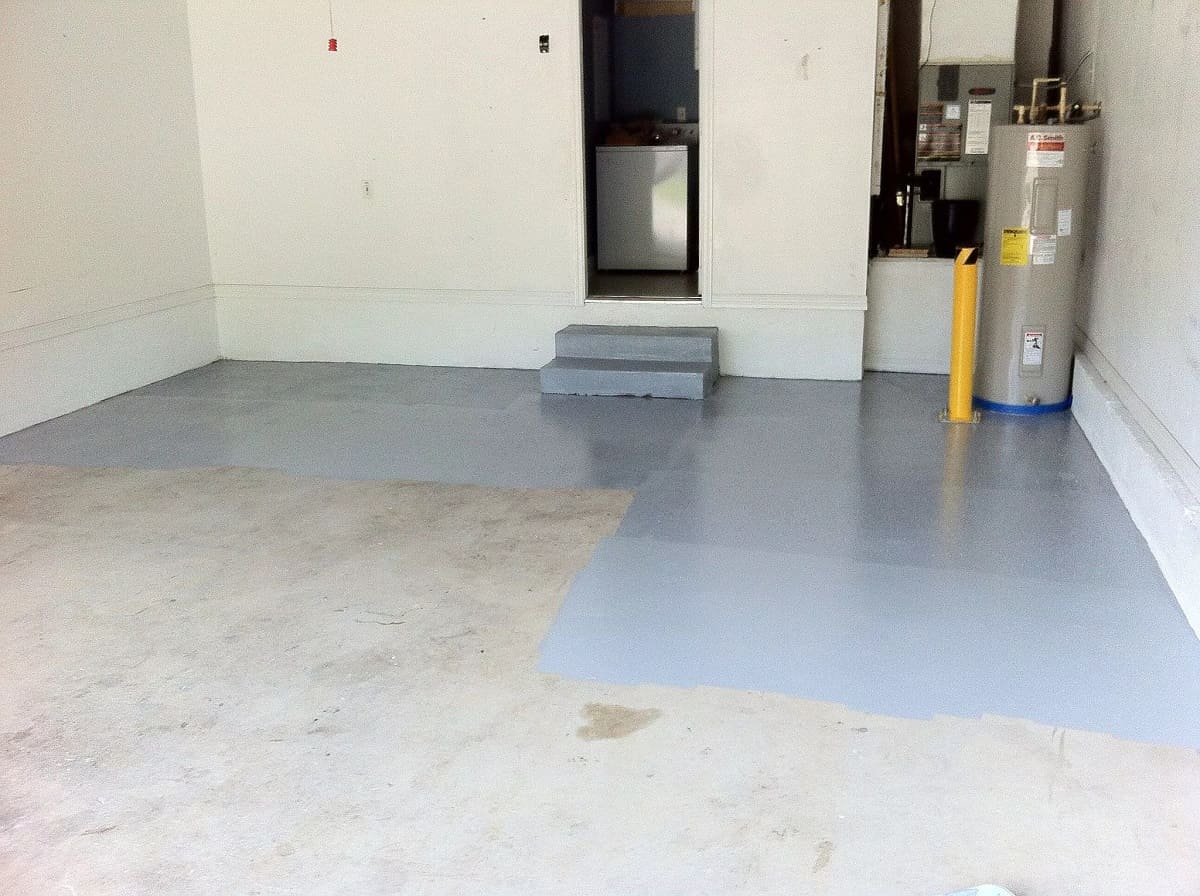
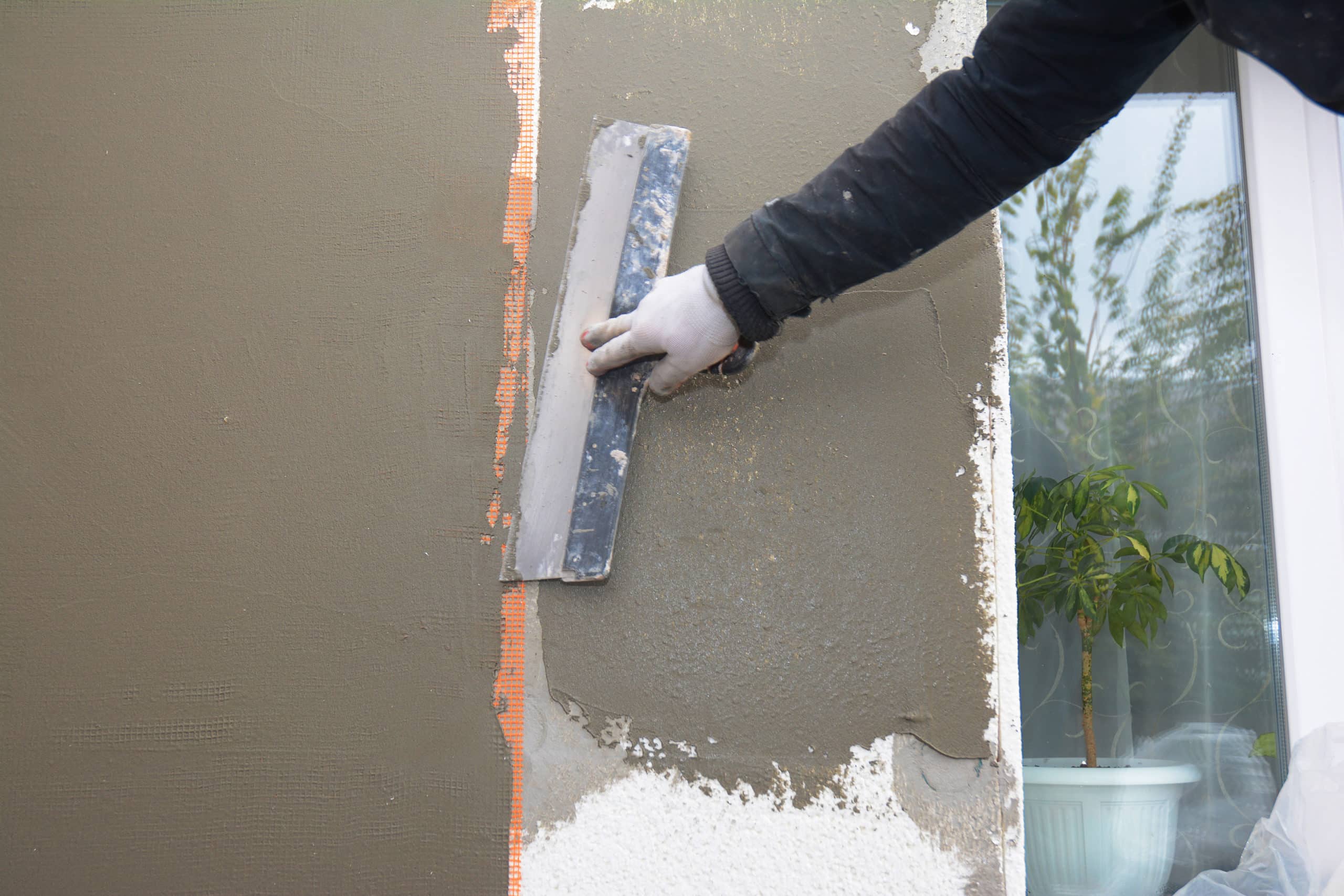

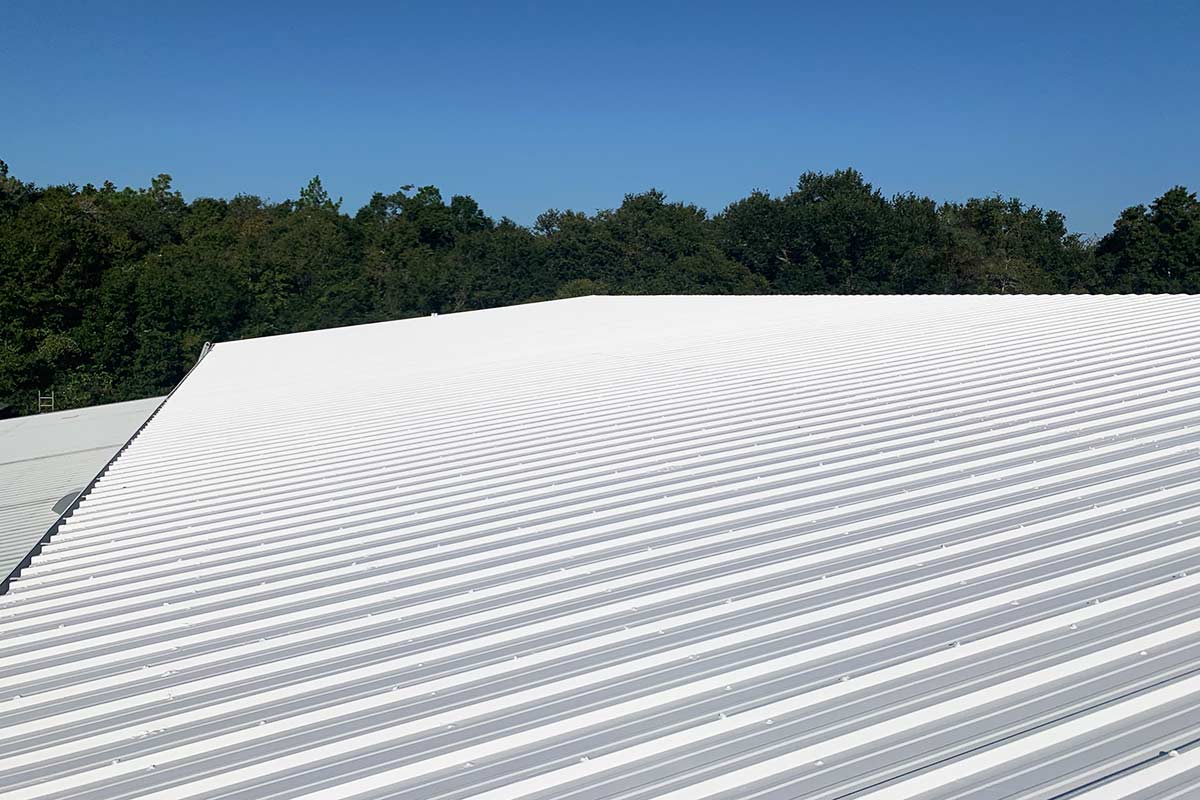
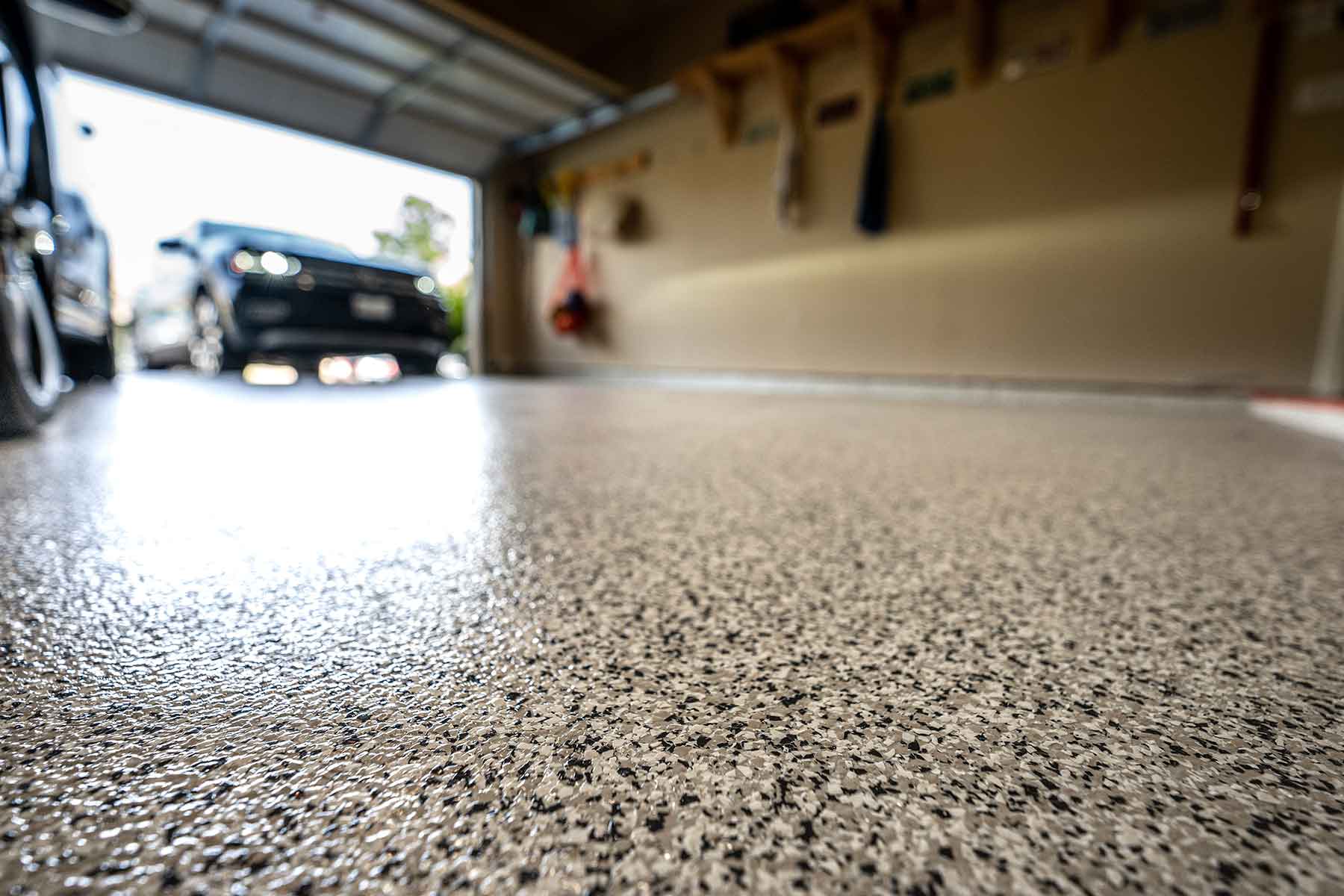
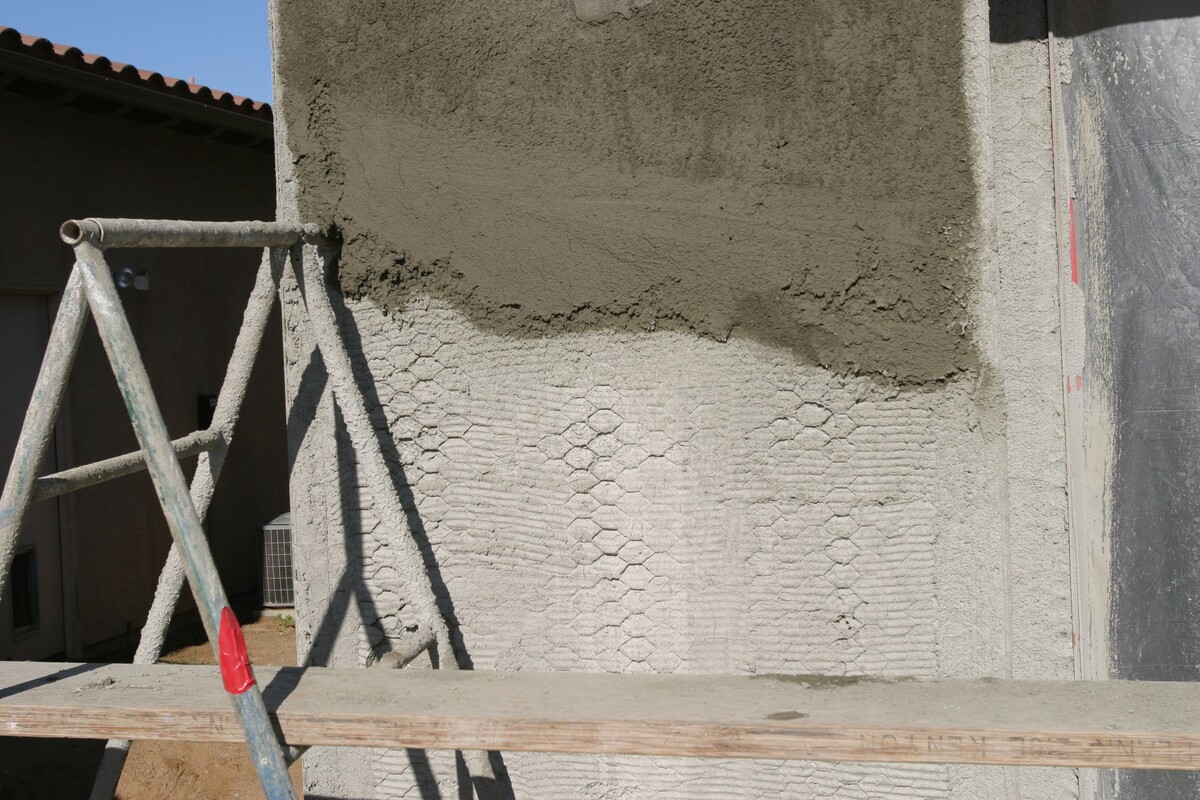

0 thoughts on “What Is The Best Garage Floor Coating”